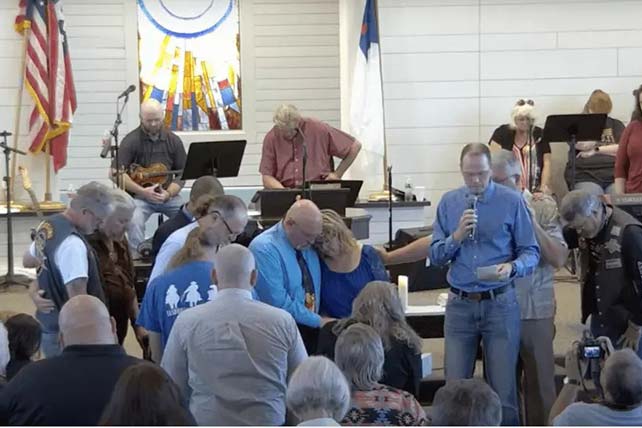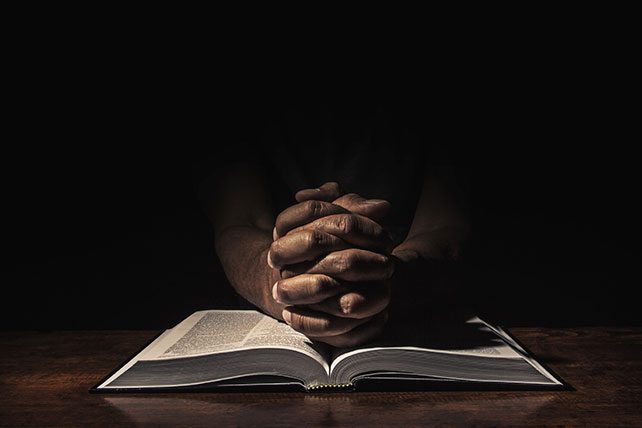Need tips on how to grow youth ministry? Want to build up your church’s program to teens? When I wrote about 10 Things Youth Ministry Needs Less Of, that article generated lots of discussion and insightful comments. (Check them out, if you haven’t already.)
My point wasn’t to simply be a critic. Instead, I wanted to make space for things I think are really important. For example, if your youth ministry currently holds a midweek worship service, how much time and energy would you free up for leaders if you canceled it? I would expect quite a lot.
If we’re going to do less of certain things, what do we need more of? To grow youth ministry at your church, I propose these 10 suggestions. Let me know if you agree!
10 Ways to Grow Youth Ministry
1. Adults
Our students don’t need adults to teach them. They need adults who know them. And the only way teens can be truly known is by making sure plenty of adults care about them and listen to them. Unless your adult-to-student ratio is 10:1, you could use more.
2. Intimacy
We need to quit using the word relationships (“It’s all about the relationships”). Instead, let’s start talking about intimacy. We don’t need to do more activities to build relationships. We need to build more intimacy within our relationships.
Intimacy tells what kinds of relationships we’re trying to develop. To truly know the young people in our congregations, we must talk about things that matter, not just what happened at school this week. Having a 20-minute breakout group after a sermon isn’t enough time for students to develop intimacy with adults or other students. You need extended blocks of time over the long-term to truly develop intimacy and to grow youth ministry.
3. Prayer
Prayer is a naturally intimate pattern of speech. So to develop intimacy with our students, we need to be praying with and for them regularly. Again, time is a necessary ingredient for prayers to develop beyond shallowness. (For more thoughts on prayer and intimacy, see Five Smooth Stones for Pastoral Work by Eugene Peterson.)
4. Scripture
Scripture teaches us how to pray, how to relate to one another, and how to relate to God. Research shows that teens are typically very biblically illiterate. So we need to do our best to weave Scripture in with whatever we’re doing. I would caution against adding and adding Bible studies, because that could have issues of its own.
5. Passion
Are we calling students to something worth giving their life for? Teenagers are naturally passionate (i.e., middle school girls and Justin Bieber) if they find something they think is worth their time. To grow youth ministry, somehow we must recover the passion in our faith. (See Practicing Passion by Kenda Dean for more.)
6. Life Coaching
We seem to assume that every student needs to do well in school and then go to college and then go get a job. What about the kid who is struggling in English, math and science but is a brilliant artist? Or what about the student who always struggles academically but came into his own when you were building houses on a mission trip? Should we harp on kids to get their grades up (and to concentrate less on things they’re actually good at) so they can go to college? Or should we encourage them to develop and express their natural gifts and abilities?
I think we need to pay attention to the uniqueness of each student in our church. We need to help them grow and mature individually, not encourage them to conform to our assumptions about the path everyone needs to take. (I’m not sure if “life coaching” is the best label, but it’s what came to mind. Suggest something better in the comments!)
7. Integration
Youth ministry needs to think of itself less as a separate program of the church. Instead, view it more as a network of relationships helping teenagers grow in faith. As such, youth ministry must better integrate with other areas of the church.
When you encourage a girl to join the adult choir (or praise team) and then go ask a woman to take her under her wing, that is youth ministry. When you send a guy who’s good with his hands with the men’s group to build houses for a week instead of taking him with you to camp, that is youth ministry. And when you cancel your normal youth group activities for a week to allow students to lead VBS, that is youth ministry.
The goal is to see people growing in Christ, not to see them coming to your events and programs. We need to seek out ways to integrate students in ways that fit their unique gifts.

























